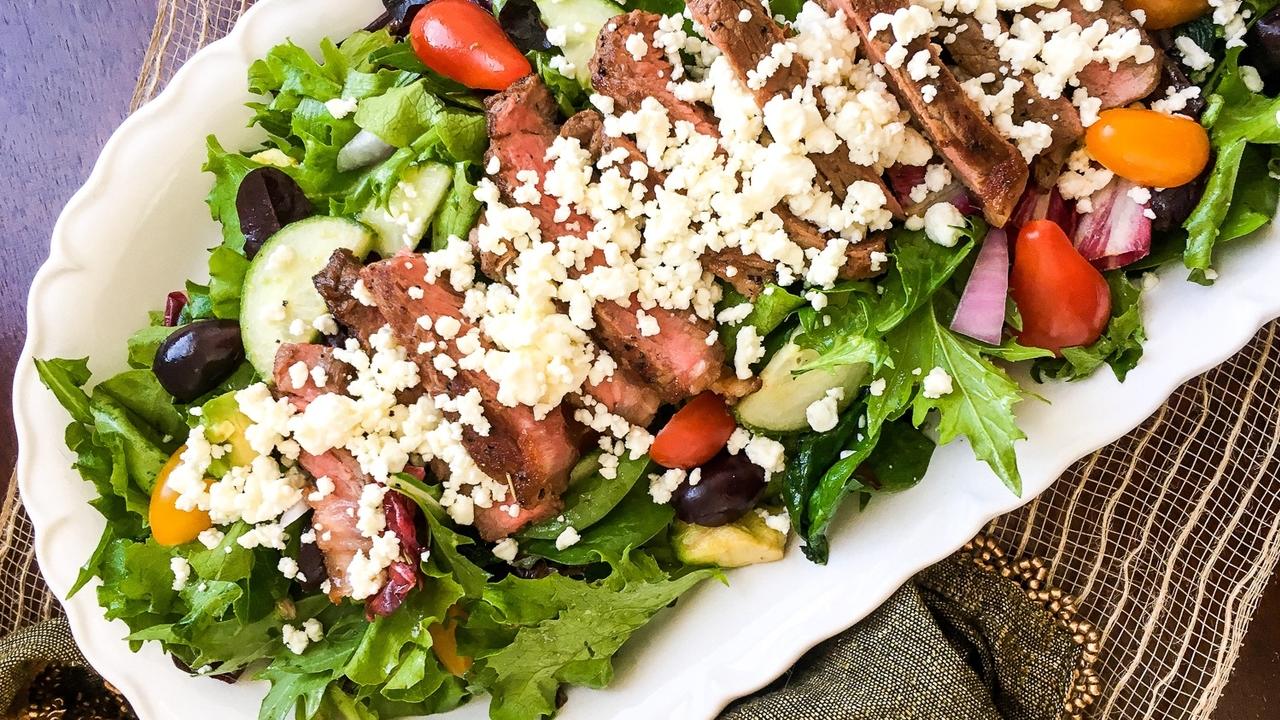Brain Health News To Use
Twenty Minutes A Day Keeps Dementia Away

Stress wreaks havoc in our lives and can trigger illnesses ranging from ulcers to heart disease -- but stress can also threaten brain health and increase the risk of dementia and Alzheimer’s Disease.
Stress Damages the Brain
Stress accelerates brain aging, affects memory and processing speed. The stress hormone cortisol can kill brain cells and shrink the hippocampus, the part of the brain responsible for long-term memory and spatial navigation.
Swedish researchers report that midlife women ...
Time with Friends Lowers Dementia Risk

A new 28-year study published in PLoS Medicine reports that "more frequent social contact during early and midlife may build cognitive reserve, which is maintained and delays or prevents the clinical expression of dementia."
In other words, spend time with friends to lower dementia risk.
Analysis of the study's data revealed that higher amounts of social contact at age 60 were the most significantly associated with a lower risk of developing dementia later in life. Data was less statistically ...
Brain-Healthy Greek Grilled Steak Salad

A recipe for luscious summertime fare using farm fresh ingredients, healthy fats and the outdoor grill. Brain-healthy AND keeps the kitchen cool!
Gluten-free and perfect for the Mediterranean, Paleo and Ketogenic dietary programs.
Prep time: 10 minutes (+ time to marinate)
Cook time: 15-20 minutes
Serves: 4-6
Dressing Ingredients:
¼ c. balsamic vinegar
½ c. extra virgin olive oil
1 T. fresh lemon juice
1 t. Dijon mustard
2 t. Italian seasoning
Sea salt and black pepper, to taste
Salad Ingredients:
1-...
A Simple Daily Ritual Can Help Relieve Stress

Aside from the obvious stressors that come with work, family and finances, the modern world itself can simply be overwhelming. A continuous barrage of cell phones, televisions, social media and a stream of people demanding immediate decisions.
Not only can chronic stress compromise emotional health, it can actually increase the risk of developing Alzheimer's disease.
There is a simple, affordable, practical daily ritual that can immediately help to relieve stress: journaling.
Write Daily for ...
Hidden Barbecue Health Dangers

Goodness, hot-off-the-grill—especially those savory, crunchy, blackened bits along the edges.
But, those tasty grilled tidbits can actually contain hidden health dangers.
"No, say it ain't so!"
When food is cooked using dry high heat (like by grilling, broiling or frying) the sugars bind non-enzymatically with proteins to create glycotoxins or advanced glycation end products (AGEs). The AGEs accumulate in tissues and organs throughout the body and remain there for a very long time. AGEs fuel ...
Want a Youthful Brain? Go Back to School

It's back to school time again...for YOU!
Neurologists agree that when it comes to your brain, you must use it or lose it. And crosswords and Sudoku just don't cut it anymore.
To retain your memory, verbal skills, and reasoning and processing skills, you must exercise your brain -- just like you exercise your body. Think of it as brain training! Multiple studies have shown that embracing challenging intellectual activities builds new neural pathways and is associated with a lower risk of cogni...
The BEST Way to Wash Produce -- And Protect Your Brain

Indulge all your senses and savor the sights, smells and tastes of colorful summer produce -- just be sure to wash it correctly first to protect your brain.
A large body of evidence links herbicide and insecticide exposure to an increased risk of neuogenerative diseases such as Parkinson's, ALS and Alzheimer's Disease.
Buying organically grown foods does reduce your exposure, but even organic farmers use some pesticides. Organic farmers are allowed by the USDA to use any of 25 regulated synthe...
Brain-Healthy Summer Berry Peach Sangria

What a refreshing way to dementia-proof your brain! This adults-only summer drink includes the recommended red wine for brain health and is loaded with farm fresh antioxidants. The addition of sparkling water right before serving helps balance the sweetness.
Prep time: 10 minutes
Chilling time: At least 4 hours
Serves: 4
Ingredients:
½ c. blueberries
1 c. strawberries, sliced
1 large orange, sliced*
1 medium ripe peach, sliced
2 c. dry red wine
1 c. freshly squeezed orange juice
2 c. sparkling wate...
A Little Wine Can Protect, But Abstaining or Over-Imbibing Increases Dementia Risk

Go ahead and pour that glass of pinot. But only one.
A 23-year follow-up study, published in The British Medical Journal, reported that people who are teetotalers in middle age are at a greater risk of developing dementia by early old age, compared to those who were moderate drinkers -- with positive benefits particularly apparent in moderate wine drinkers. And, as alcohol consumption increases beyond "moderate consumption," the risk of dementia also incrementally increases.
This report confir...
Less Than 9,000 Steps a Day May Keep Alzheimer's Away

Finally -- mainstream publications are reporting what wellness experts have been prescribing for years. Moderate exercise can slow cognitive decline in people at risk of Alzheimer's Disease.
Newsweek just reported that a Harvard Medical School study, published in JAMA Neurology, found that a total of 8,900 steps a day appeared to slow the rates of cognitive decline and brain volume loss in people who already had amyloid plaque -- a protein thought to play a role in Alzheimer's -- in their brain...



